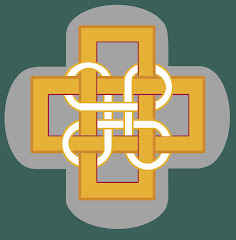Judas was of two minds – that is clear. He loved Jesus and shared his ministry with him, but for 30 pieces of silver, he betrayed him. Peter also was of two minds. He promised never to desert Jesus, but he denied him three times. It’s easy to do – want one thing and do another.
You want to spend more time with your family, but actually you spend more time at work. You want to be kind to your spouse or child or colleague, but you can’t resist making that one corrective comment. You want to keep clear priorities around eating or spending or simplicity; but you forget. You want to remain committed, but those 30 pieces of silver just look so good. Often, if I am honest with myself, I must admit I am of two minds. Something prevents me from living as fully committed a life as I would like.
What stands out to me about Jesus each Holy Week, is his ability to remain single-minded. His focus is unwavering. Even in the face of betrayal and death, he is honest, compassionate, and faithful. Jesus is of one mind. He is of one mind with God and with the people he touches.
That is what I seek this Holy Week – the mind of Christ.
Lord Jesus Christ, come into my mind and heart and set me free, that I may live as you would have me live, and love with your abundance. Amen.
The Rev. Janet Hatfield Legro

